“It won’t be until 2020 until a state government can have a state plan for raising industrial hemp in their state,” said James Averill, deputy director for MDARD.
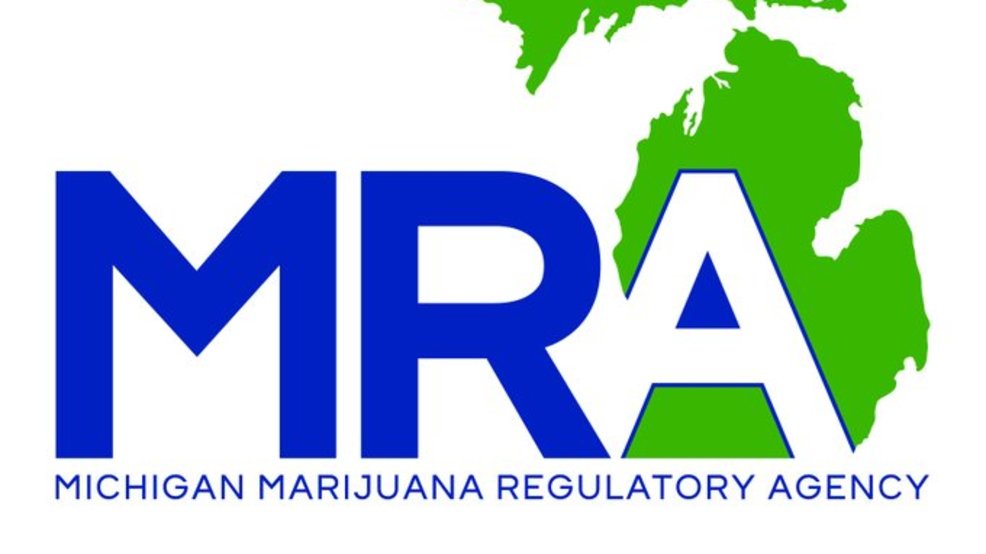
As required by Section 603 (read below) of the Medical Marihuana Facilities Licensing Act (MMFLA), the amount of the regulatory assessment fee for licensed medical marijuana facilities are determined annually.
The fees have to be paid by those approved for a license by the Marijuana Regulatory Agency (MRA) before being issued or renewal.
The MRA issues renewals and licenses and the regulatory costs are now distributed amongst more contributors into the regulatory fund.
The MRA bulletin can be read below or viewed here
MRA – ADVISORY BULLETIN August 17, 2020
Medical Marihuana Facilities Licensing Act Regulatory Assessments for Fiscal Year 2021
The amount of the regulatory assessment for licensed medical marijuana facilities is determined annually as required by Section 603 of the Medical Marihuana Facilities Licensing Act and must be paid by those persons approved for licensure by the Marijuana Regulatory Agency (MRA) prior to issuance or renewal of each state operating license. As the market is maturing and the MRA continues to issue new licenses and renew existing licenses, regulatory costs are now spread across more payers into the marijuana regulatory fund. This has resulted in a significant reduction to the regulatory assessments for Fiscal Year 2021 (beginning October 1, 2020 and ending September 30, 2021)
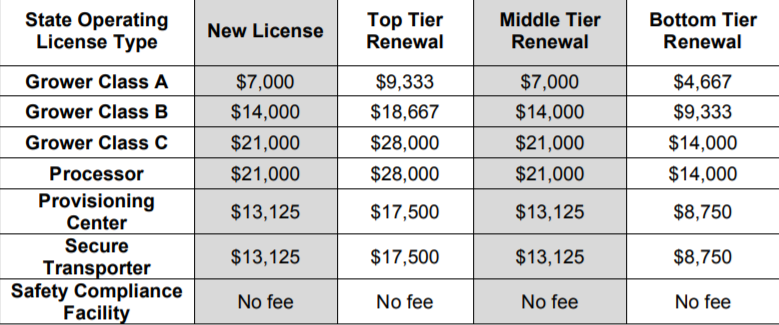
Each new license issued will pay the new license regulatory assessment listed above and each renewal license will pay the renewal regulatory assessment listed above based upon their market share during the previous fiscal year, as defined by Rule 420.7. To expedite the renewal process, all new licenses issued to existing licensees will be prorated so that the expiration date for all licenses held by a licensee will have the same expiration date as the licensee’s initial state operating license.
End
Starting A Cannabis Business? You will require legal guidance
Komorn Law provides legal guidance and consultation to those interested in Cannabis businesses.
Call Our Office 248-357-2550 or Google Komorn Law and do your research.
333.27603 Regulatory assessment.
Sec. 603. (1) A regulatory assessment is imposed on certain licensees as provided in this section. All of the
following shall be included in establishing the total amount of the regulatory assessment established under
this section:
(a) The department’s costs to implement, administer, and enforce this act, except for the costs to process
and investigate applications for licenses supported with the application fee described in section 401.
(b) Expenses of medical-marihuana-related legal services provided to the department by the department of
attorney general.
(c) Expenses of medical-marihuana-related services provided to the department by the department of state
police.
(d) Expenses of medical-marihuana-related services provided by the department of treasury.
(e) $500,000.00 to be allocated to the department for expenditures of the department for licensing
substance use disorder programs.
(f) An amount equal to 5% of the sum of the amounts provided for under subdivisions (a) to (d) to be
allocated to the department of health and human services for substance-abuse-related expenditures including,
but not limited to, substance use disorder prevention, education, and treatment programs.
(g) Expenses related to the standardized field sobriety tests administered in enforcing the Michigan vehicle
code, 1949 PA 300, MCL 257.1 to 257.923.
(h) An amount sufficient to provide for the administrative costs of the Michigan commission on law
enforcement standards.
(2) The regulatory assessment is in addition to the application fee described in section 401, the tax
described in section 601, and any local licensing fees.
(3) The regulatory assessment shall be collected annually from licensed growers, processors, provisioning
centers, and secure transporters. The regulatory assessment for a class A grower license shall not exceed
$10,000.00.
(4) Beginning in the first year marihuana facilities are authorized to operate in this state, and annually
thereafter, the department, in consultation with the board, shall establish the total regulatory assessment at an
amount that is estimated to be sufficient to cover the actual costs and support the expenditures listed in
subsection (1).
(5) On or before the date the licensee begins operating and annually thereafter, each grower, processor,
provisioning center, and secure transporter shall pay to the state treasurer an amount determined by the
department to reasonably reflect the licensee’s share of the total regulatory assessment established under
subsection (4).
(1) The marihuana regulatory fund is created in the state treasury.
(2) The application fee collected under section 401 and the regulatory assessment collected under section
603 shall be deposited in the marihuana regulatory fund. The state treasurer shall direct the investment of the
fund. The state treasurer shall credit to the fund interest and earnings from fund investments.
(3) Money in the marihuana regulatory fund at the close of the fiscal year shall remain in the fund and shall
not lapse to the general fund.
(4) The department shall be the administrator of the marihuana regulatory fund for auditing purposes.
(5) Except as provided in section 603(1)(d) and (e), the department shall expend money from the
marihuana regulatory fund, upon appropriation, only for implementing, administering, and enforcing this act.
The department may use any money appropriated to it from the marihuana registry fund created
in section 6 of the Michigan medical marihuana act, 2008 IL
1, MCL 333.26426, for the purpose of funding the operations of the department and the board in the initial implementation and subsequent administration and enforcement of this act.
2nd amendment 2020 2021 BMMR cannabis CBD corruption corruption. prosecutors CRA dispensary Driving DUI expungement FAQs federal forfeiture ginnifer hency gun rights guns hemp Know Your Rights komornlaw Komorn Law Victories lara law enforcement abuse laws legal Legalization marijuana Medical Marijuana Michigan michigan laws michigan news MMFLA MMMA MRA news police politics Recreational Cannabis science shattuck usa news us supreme court Your Rights
DISCLAIMER
This post may contain re-posted content, opinions, comments, ads, third party posts, outdated information, posts from disgruntled persons, posts from those with agendas and general internet BS. Therefore…Before you believe anything on the internet regarding anything do your research on Official Government and State Sites, Call the Michigan State Police, Check the State Attorney General Website and Consult an Attorney.
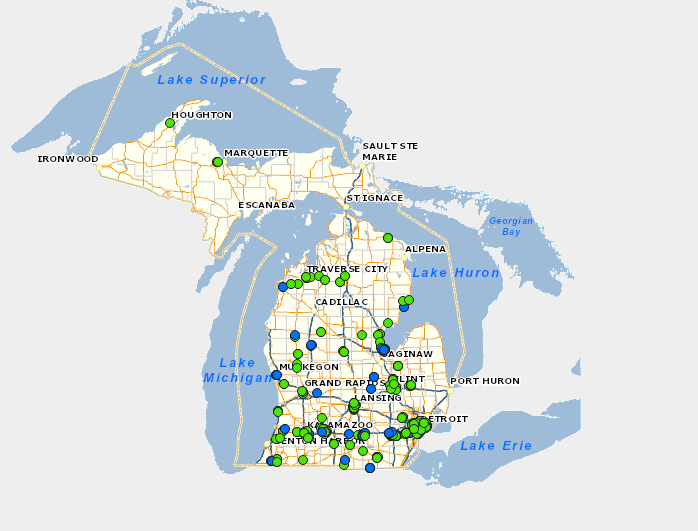
View a Map of the Active Facilities Licenses in Michigan, Including Provisioning Centers Licensed for Home Delivery. This map is filterable by type using the filter key (click the filter icon top right). Use the slider bar at bottom of map if you do not see options.
If you are having trouble viewing the map in your browser go here —->MAP
KOMORN LAW has been at the forefront of legal issues and grass roots activism before commercial marijuana was even a consideration. If you are currently involved or planning on getting into the marijuana business put the most experienced and knowledgeable attorney on your team. Some attorneys speak a great game but Komorn Law has been in the trenches for over 25 years. Just do your research. Read some real reviews, look around the website some more and then when you feel it’s the right decision Call our office. 248-357-2550
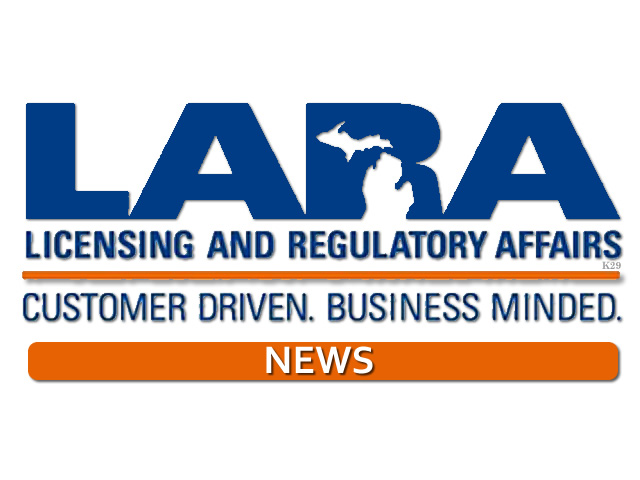
May 1, 2019 – Effective today, medical marijuana patients in Michigan who apply for their marijuana registry card online may now use their approval email as a temporary substitute for a valid registry card in order to obtain their medication the same day they are approved.
The Marijuana Regulatory Agency (MRA) has implemented a change to the Michigan Medical Marijuana Program (MMMP) to ensure that patients with debilitating medical conditions are able to obtain marijuana for medical use as quickly as possible.
“A process that used to take several weeks now can be done in a single day,” said MRA Executive Director Andrew Brisbo. “We are excited to offer this new online approval option for the state’s medical marijuana patients.”
The email that patients receive after an online application has been approved may serve as a temporary substitute for a valid registry card. This approval email is valid until patients receive their card in the mail or for up to 10 days from the date of the approval email. As a result, patients will not have to wait to receive their registry cards in the mail and will be able to purchase or obtain medication the same day they are approved. A valid driver’s license or government-issued identification card with a photographic image is also required to purchase marijuana.
To utilize this online service please visit www.michigan.gov/mmp and note the following:
In the past, registry cards could only be obtained through the traditional mail-in process, which took up to five weeks for patients to receive their card. The process was recently updated to allow for online processing – but a patient still had to wait for 7-10 business days to receive their registry card. This new process allows for medical marijuana patients to gain access to their medicine immediately after receiving approval.
Due to constantly evolving and changing regulations, rules, laws and other politics please consult an attorney and review the latest updates regarding these matters.
For over 25 years Komorn Law has represented numerous clients accused of a variety of criminal charges. Contact our office to find out more information.
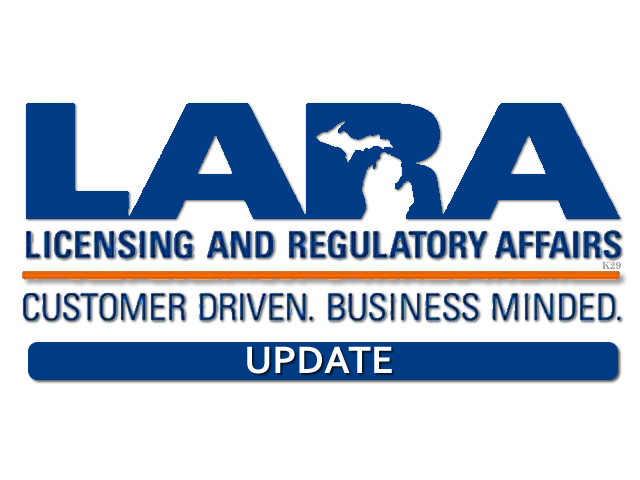
The Michigan Medical Marijuana Program (MMMP) is a state registry program that administers the Michigan Medical Marihuana Act (MMMA) as approved by Michigan voters on November 4, 2008. MMMP is a division within the Bureau of Marijuana Regulation (BMR), is separate from the Facilities Licensing Division within BMR, and is governed by a different law.
MMMP is not affiliated with any third-party business operations, “dispensaries,” provisioning centers, caregivers, or certifying physicians and is not associated with any business operation that uses the terms “Michigan Medical Marijuana Program” or “MMMP” in their name or advertising.
Applicants often receive inaccurate information from third parties that result in their applications being delayed or denied. Third-party business operations which tell patients that their application and physician certification serve as a temporary registration card are putting the patients at risk of possible arrest.
As outlined in the MMMA, a patient or caregiver must present their valid registry identification card and a valid driver license – or government-issued identification card with photo – to law enforcement to be protected from arrest. BMR recommends that applicants wait until they receive a registry card before engaging in the medical use of marijuana.
You may now register, renew or make changes to your registry card online. You must be a qualified patient without a caregiver and your physician must have an online account. Instructions and the online portal are available on our website at www.michigan.gov/mmp.
If a patient or caregiver is submitting a paper application or an amendment to the MMMP, it is important to read and follow the instructions for completing the form and include all required supporting documents listed in the instructions. If a patient or caregiver is unsure about the instructions, they should call the MMMP before mailing the documents. It is also important for patients to only submit one application and its supporting documentation per envelope.
If a patient was denied after submitting a paper application and is reapplying, it is important that they read and follow the instructions in the denial letter and – if they are unsure about the instructions – call the MMMP before mailing the documents. Patients should date the new application on the date they sign it – do not backdate or use the same date that was on the application that was denied.
Patients should not allow other individuals or third parties to submit their applications or any other documents to the MMMP as patients will be unable to determine when or if their applications were submitted. Patients should not allow other individuals or third parties to retain copies of their documents, state-issued driver licenses, personal identification cards, or voter registrations as that increases the possibility of fraudulent submissions.
The most recent approved application and forms are available on the MMMP website at www.michigan.gov/mmp. Applicants, registered patients, and registered caregivers are required to use these updated forms. Failure to use current forms will result in a denial or the form being rejected. Those submitting an application or request for changes to his or her registration should only download forms from the MMMP’s website.
Patients who wish to acquire medical marijuana or medical marijuana-infused products from licensed provisioning centers must first present a valid registry identification card at the time of purchase.
UPDATE: News Report 5/1/19
Due to constantly evolving and changing regulations, rules, laws and other politics please consult an attorney and review the latest updates regarding these matters.
State and Local Regulatory Licensing and Compliance
Our business law and regulatory attorneys have assisted to facilitate businesses and individuals navigate the complex and ever changing commercial cannabis licensing and regulation landscape.
To schedule your consultation with Komorn Law regarding licensing
Call our Office at 800-656-3557
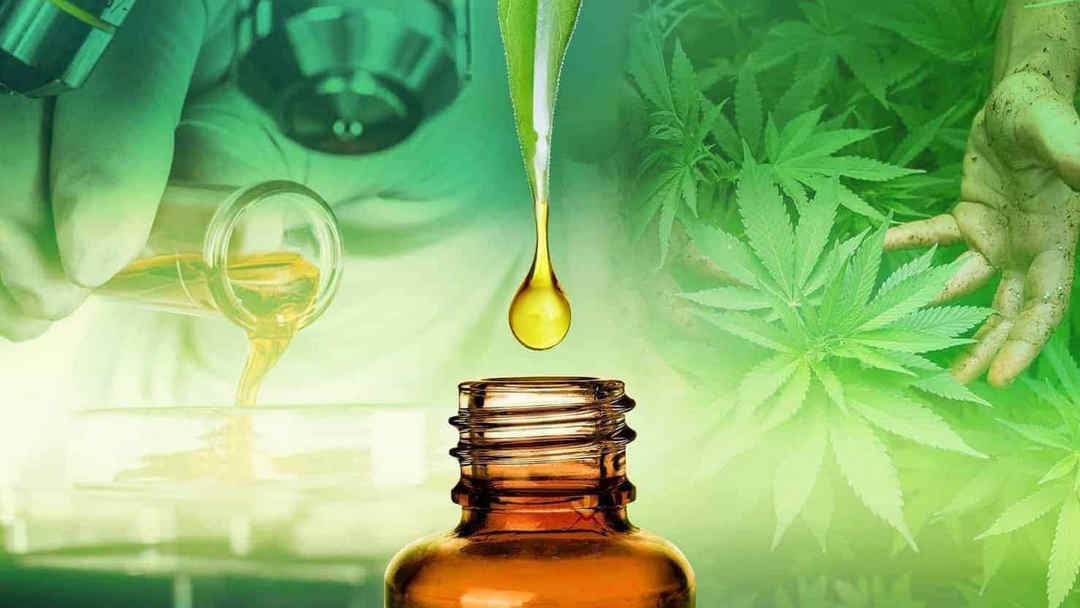
Michigan officials are informing citizens that food and drinks with CBD oil aren’t legal yet. CBD is the new thing in the health alternative market.
After Proposal 1 passed in Michigan which legalized adult-use marijuana and industrial hemp as well as the 2018 U.S. Farm Bill which legalized hemp nationwide there has been a rise of products made with CBD.
“The whole scheme is fascinating. It doesn’t make the subject matter into an illegality,” said Michael Komorn, a lawyer and president of the Michigan Medical Marijuana Association. “It’s a not a crime, it’s a regulatory fine. You won’t get arrested, but it may prevent you from getting a license to do that in the future.”
Michigan’s Department of Agriculture and Rural Development is waiting on the federal government to write its hemp program regulations before it comes up with its own rule set — and that won’t happen until 2020.
“It won’t be until 2020 until a state government can have a state plan for raising industrial hemp in their state,” said James Averill, deputy director for MDARD.
However, a mechanism in the 2014 Farm Bill that allows farmers to grow industrial hemp by working with universities or with state departments of agriculture — and Averill said Michigan is considering a way to help farmers plant hemp sooner rather than later.
“For putting seed in the ground this year — we have to work off the 2014 Farm Bill and that is a conversation that we’re continuing to have with the administration,” Averill said.
Previously, U.S. Drug Enforcement Administration requirements made the state’s direct involvement to authorize hemp farmers difficult. The 2018 Farm Bill changed that, Averill said.
Michigan Offers Guidance on CBD and Industrial Hemp
March 29, 2019 – The Bureau of Marijuana Regulation (BMR) and the Michigan Dept of Agriculture & Rural Development (MDARD) issued joint guidance today regarding CBD (cannabidiol) and industrial hemp.
From the Bureau of Marijuana Regulation:
From the Michigan Department of Agriculture and Rural Development:
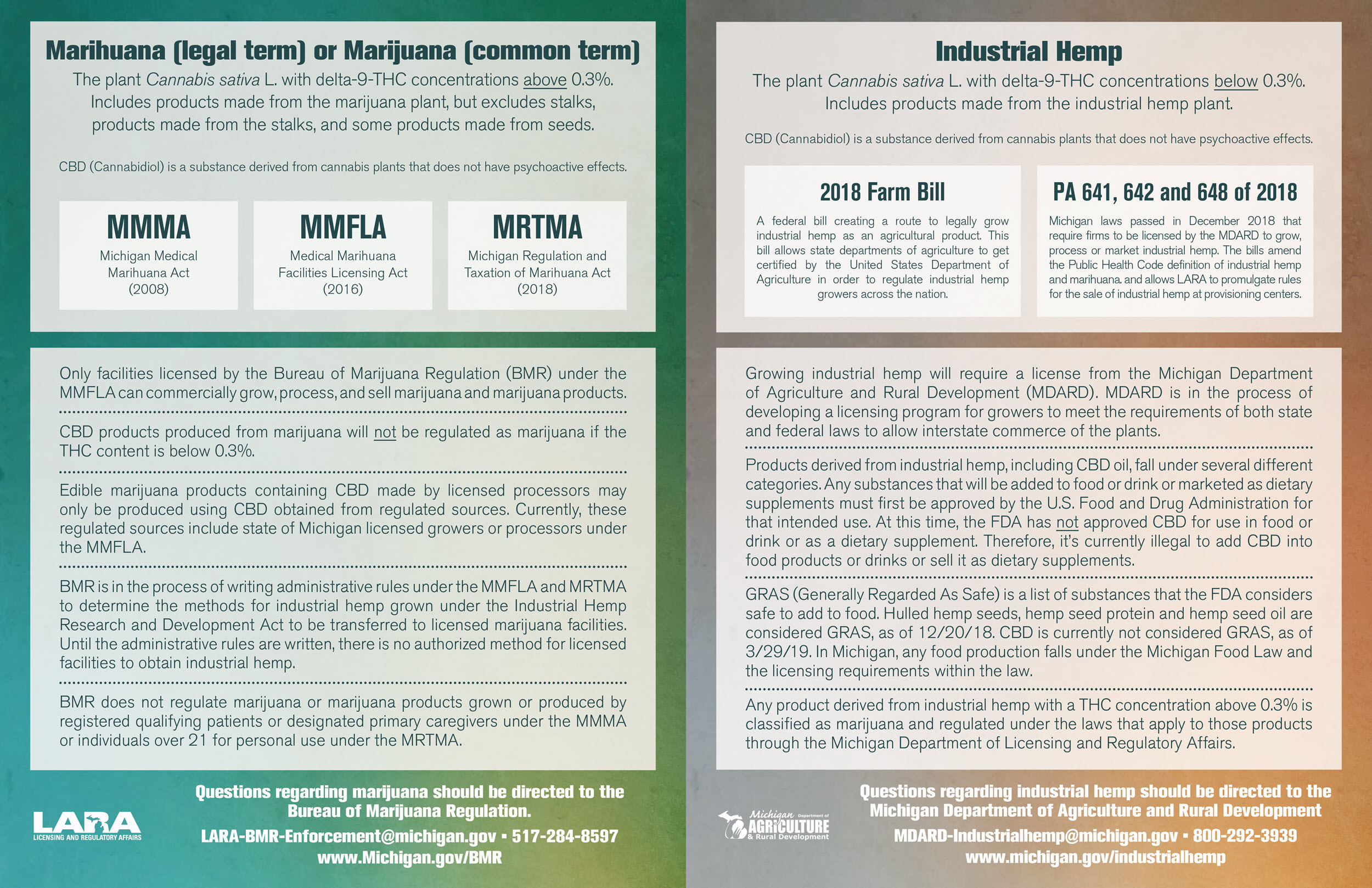
Definitions

Michigan officials are informing citizens that food and drinks with CBD oil aren’t legal yet. CBD is the new thing in the health alternative market.
After Proposal 1 passed in Michigan which legalized adult-use marijuana and industrial hemp as well as the 2018 U.S. Farm Bill which legalized hemp nationwide there has been a rise of products made with CBD.
“The whole scheme is fascinating. It doesn’t make the subject matter into an illegality,” said Michael Komorn, a lawyer and president of the Michigan Medical Marijuana Association. “It’s a not a crime, it’s a regulatory fine. You won’t get arrested, but it may prevent you from getting a license to do that in the future.”
Michigan’s Department of Agriculture and Rural Development is waiting on the federal government to write its hemp program regulations before it comes up with its own rule set — and that won’t happen until 2020.
“It won’t be until 2020 until a state government can have a state plan for raising industrial hemp in their state,” said James Averill, deputy director for MDARD.
However, a mechanism in the 2014 Farm Bill that allows farmers to grow industrial hemp by working with universities or with state departments of agriculture — and Averill said Michigan is considering a way to help farmers plant hemp sooner rather than later.
“For putting seed in the ground this year — we have to work off the 2014 Farm Bill and that is a conversation that we’re continuing to have with the administration,” Averill said.
Previously, U.S. Drug Enforcement Administration requirements made the state’s direct involvement to authorize hemp farmers difficult. The 2018 Farm Bill changed that, Averill said.
Michigan Offers Guidance on CBD and Industrial Hemp
March 29, 2019 – The Bureau of Marijuana Regulation (BMR) and the Michigan Dept of Agriculture & Rural Development (MDARD) issued joint guidance today regarding CBD (cannabidiol) and industrial hemp.
From the Bureau of Marijuana Regulation:
From the Michigan Department of Agriculture and Rural Development:

Definitions